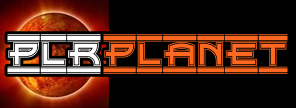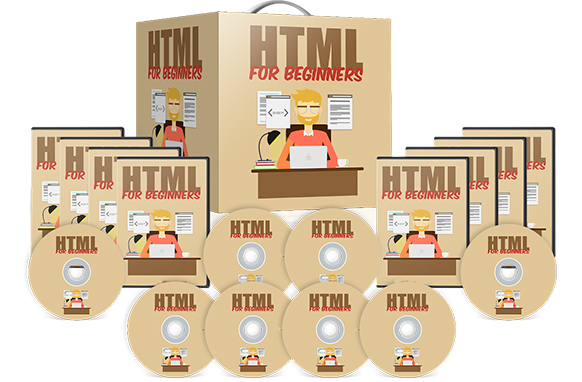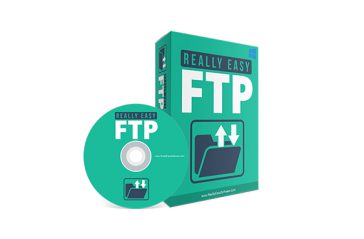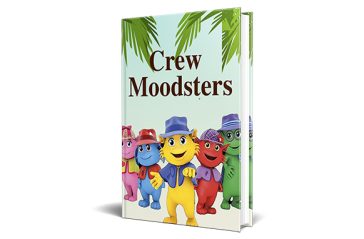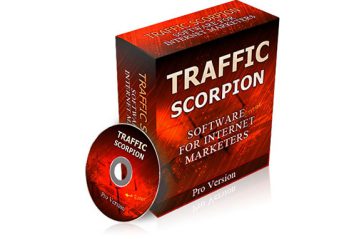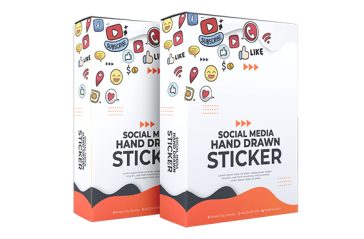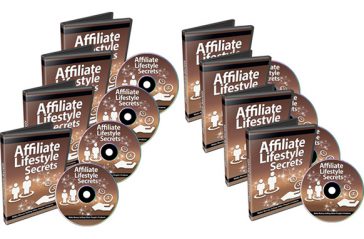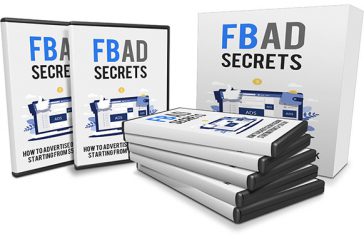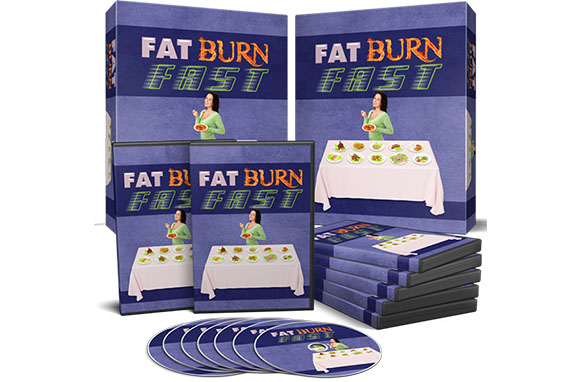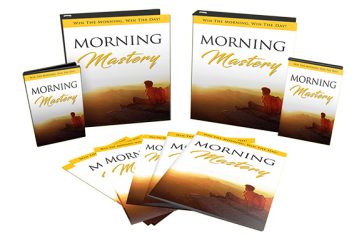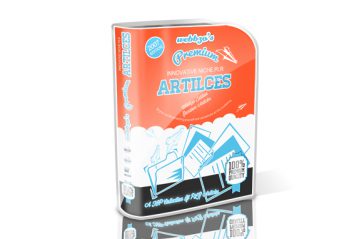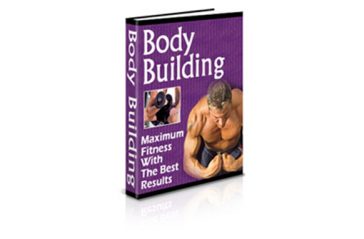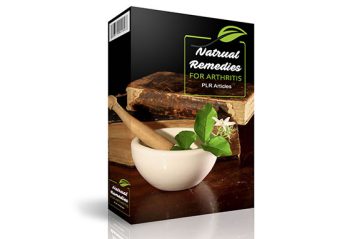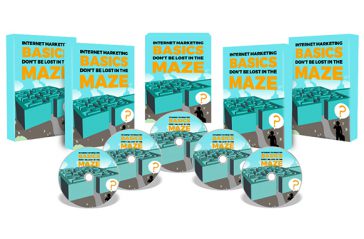Finally, Learn the Basics of HTML Code So That You Can Edit HTML Easily – Even If You’re A TechnoPhobe.
This 9-part video course is designed to show you how you can quickly and easily learn the basics of HTML so you can survive the online world.
If you want to set up any type of webpage or landing page, you absolutely must know HTML. The reality is that even if you are using visual HTML editors, you will still run into basic coding issues that often prevent you from moving forward.
Does that sound familiar to you?
You’ve been running away from trying to learn basic HTML code because it just looks too complicated, but the reality is that these problems will appear over and over again. Soon you will find yourself running in circles – frustrated!
Learning just the basics of HTML code will allow you to create hyperlinks that link to other websites, add pictures, format your fonts and text, and make your content far more search engine friendly.
Even when you encounter site builders or content management systems like WordPress, you will still need to know basic HTML code.
The truth is that compared to a lot of other languages, HTML is the easiest to learn.
So now is your chance – if you’ve always wanted to build webpages, but were intimidated by the code, this course will help you learn the basics so that you can survive and even thrive in the online world.
WHAT’S INSIDE:
Video #1: Introduction to HTML
In this particular video we are going to give you a quick overview of the video course itself. This way you know exactly what to expect. You’ll also learn the basics of how HTML is structured, and by the end of this video you should fully understand why HTML is a lot easier to code, giving you the confidence you need to move forward.
Video #2: Hacking Without Knowing Code
In this particular video we will be covering the best WYSIWYG Editor. The reason being is that before I teach you some basic HTML code, I want you to be able to know how to use these user-friendly editors. This will build your confidence, which you can take forward into learning basic code. I’m also going to show you a super easy trick to hack your way around without needing to know HTML.
Video #3: Open and Close Tags
In this particular video you will learn the basic open and close tags. By understanding this concept and how HTML is structured, it will make more sense as you begin to dive in head-first.
Video #4: Headings
The first HTML code that we are going to start with is going to be heading, simply because you will be utilizing this within just about every single webpage that you edit or create. We’ll talk about different sizes of headings and how to differentiate between them.
Video #5: Break Tags
Once you have gotten your feet wet with headings, it’s time to move on to break tags. Break tags allow you to break up your lines.
This comes in particularly handy when trying to add line space between images or even text. In fact, when I look back on editing basic HTML, I realize that this is one of the most widely used tags you can learn.
Video #6: Basic Formatting
Let’s move on to basic text formatting, which consists of italicizing, bolding, underlining, aligning, and simply making your text look good.
Video #7: Lists
There are two main types of lists – ordered lists and unordered lists, a.k.a. bulleted lists. So, in this particular video I’m going to walk you through step-by-step as we begin to create these from scratch. By the end of this particular video you should be confident enough to create your list.
Video #8: Image Tags
Another widely used tag is the image tag. You can call an image at any location with that, be it on someone else’s website or even your own. Checking an image is another very important HTML code because you are likely to run into it very frequently. You can also make your images search engine friendly by utilizing what we call alt tags. More on that in this particular video.
Video #9: Hyperlinks
One of the most common tags that you will run into is the hyperlink. This is a link that you create that will link to an internal link within your site or to an external link on a different website. This allows you to send a visitor to a different website. Once you conquer the hyperlink then you should feel more confident simply because you can use these tags within WordPress or any other content management platform, and anything that reads HTML.
By the end of the video course you should feel confident enough that you can go out into the world and edit existing websites without having to hire an expensive coder.
Grab this video course now so you don’t ever have to worry about whether you can get past technical webpage roadblocks again!
Master Resale Rights Terms and Conditions
[YES] Can be sold
[YES] Can be used for personal use
[YES] Can be packaged with other products
[YES] Can modify/change the sales letter
[YES] Can be added into paid membership websites
[YES] Can put your name on the sales letter
[YES] Can be offered as a bonus
[YES] Can be used to build a list
[YES] Can print/publish offline
[YES] Can convey and sell Personal Use Rights
[YES] Can convey and sell Resale Rights
[YES] Can convey and sell Master Resale Rights
[NO] Can be given away for free
[NO] Can be added to free membership websites
[NO] Can convey and sell Private Label Rights
It doesn't matter how many files are included in your site - or what type of files they are. They ca... Read more
Discover the DBSA Mood Crew workbook and learn how to navigate emotions with engaging games and acti... Read more
Here's what you'll discover when you take the first step to boosting your affilaite marketing profit... Read more
What are you scared of?Everybody has some fears and worries – as humans, we’re programmed tofeel... Read more
With My Advice You are going to understand the essence of viral marketing. You w... Read more
Traffic Scorpion is a web-based solution that creates pages optimized for the search engines that in... Read more
It’s About Time For You To Learn The Real Law Of Attraction Code! If you think that the Law of... Read more
In this guide, you will learn all about Bitcoin (BTC) and cryptocurrency,how they work, why they exi... Read more
This is a brand-new, enormous collection of 62 "hand-drawn" stickers that you can use for your graph... Read more
Here's a breakdown of this 8 part video series in more detail. Video ... Read more
I hazard a guess you run a business of some kind, but I know two things are for sure... That you ... Read more
1.Advertise your web site with banner ads that are animatedand include a call to action. You must gr... Read more
Here's what you'll discover when you take the first step to finding your natural beauty and purchase... Read more
We make millions of food choicesthroughout our lives which have a majorimpact on our health and nutr... Read more
Why Exercising Blindly Day In, Day Out Isn’t The Best Way To Shed Those Excess Whale Blubber Ge... Read more
Congratulations!You're One Step Closer To Crushing Your Goals With Supersonic Speed... You Ge... Read more
"Morning Mastery" is the ultimate guide for people who want to start their morning right to lead a b... Read more
Webbzo Premium PLR Articles / 10 Articles About Private Label Rights Article quantity: 10 Exam... Read more
